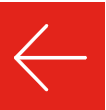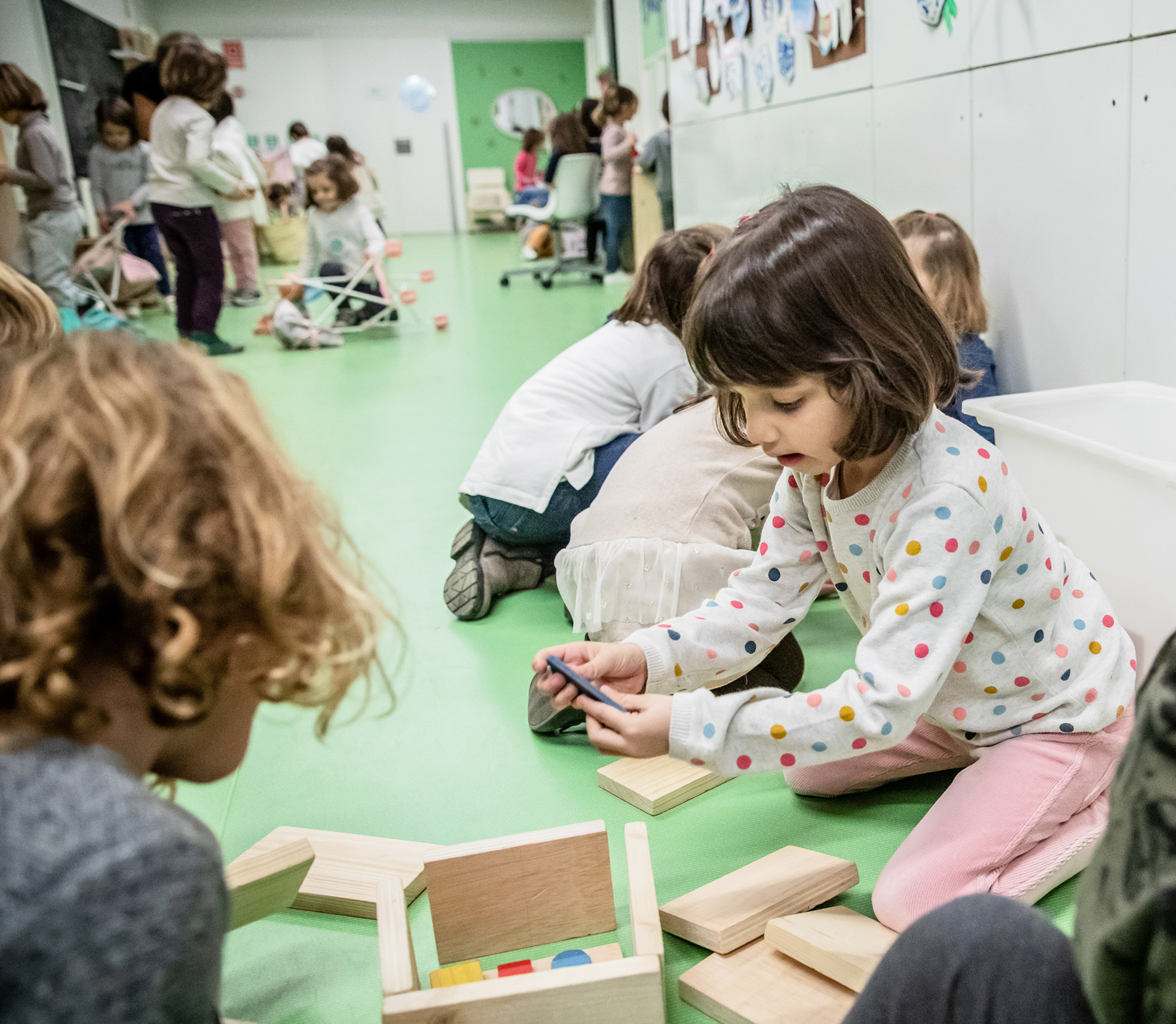
Infant Education
Education Project
The Early Childhood Education Project is based on eight core learning areas and six lines of work which are the backbone of the project and are the foundation on which children’s global and transversal learning is based.
This structure promotes the creation of spaces that stimulate the best learning situations, the adaptation to children’s different learning styles and a constant reflection on educational practise itself.
More information about our Early Childhood Education Project here
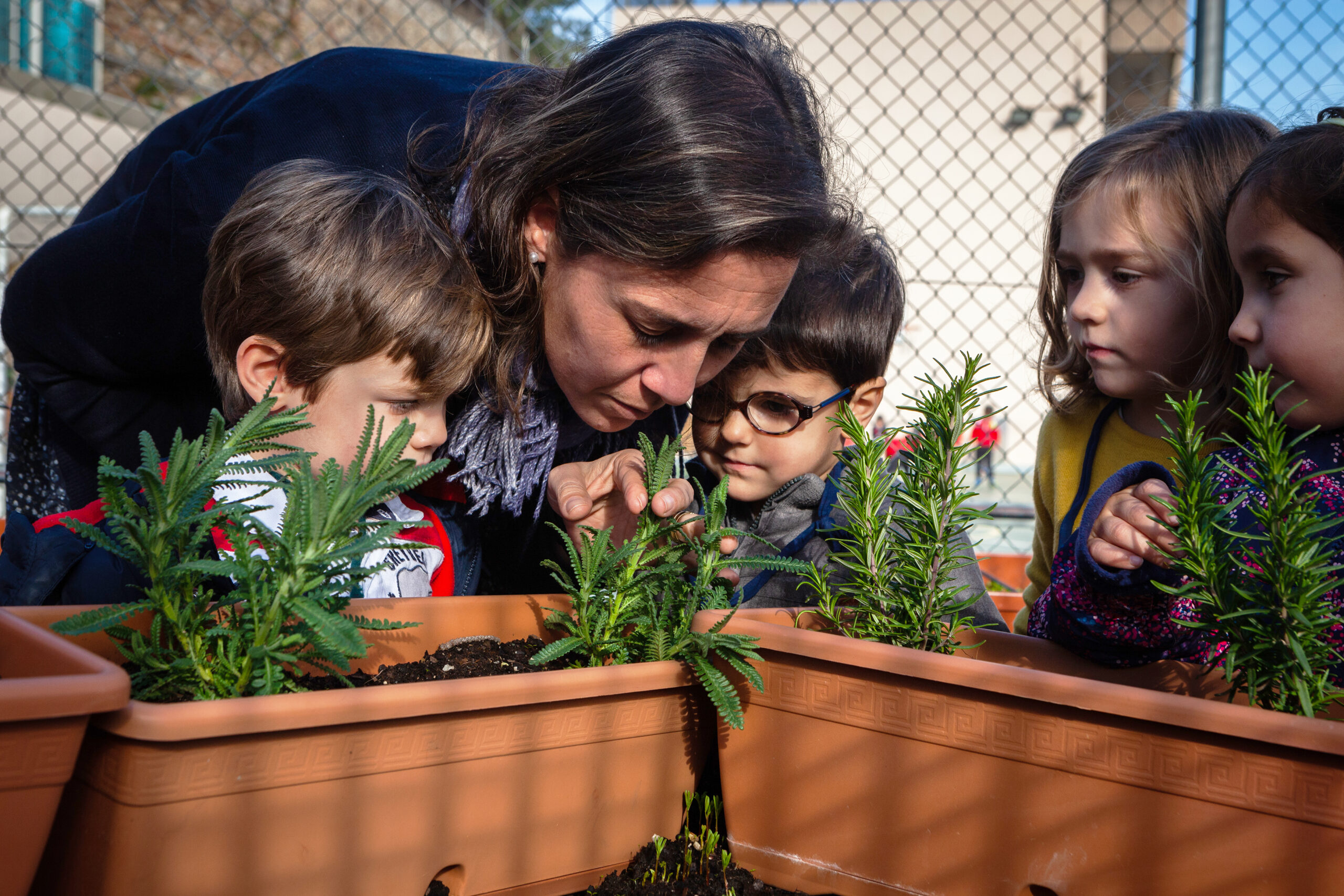
Guidance and counselling
Guidance and educational counselling are elements that identify the school and, through them, we accompany and contribute to the personal and social development of students intellectually, emotionally and ethically, in accordance with their personal characteristics.
Teachers and tutors are the most important point of reference, responsible for planning and carrying out educational action and for personalised attention to each child, based on a relationship of trust and fluent communication with their families.
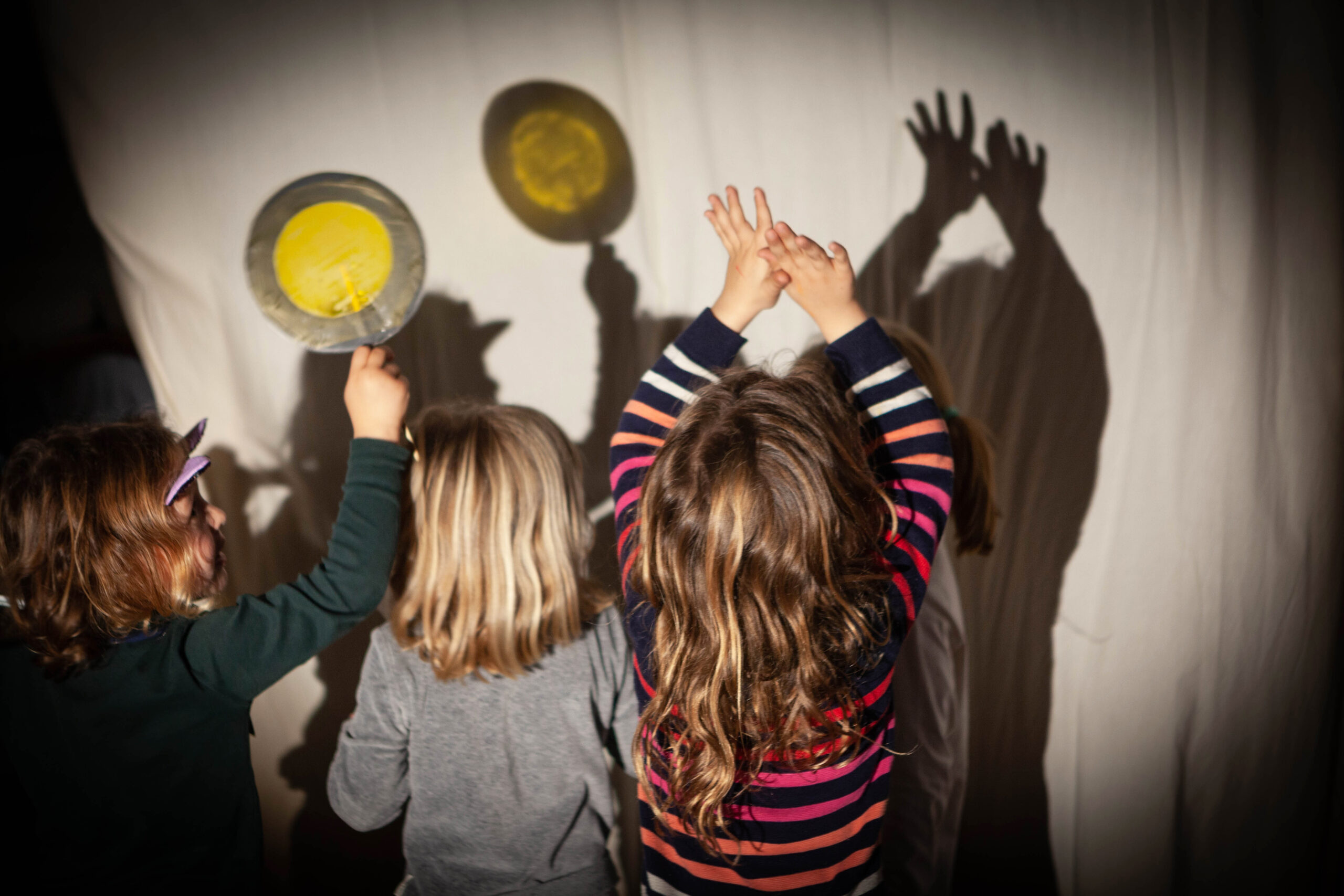
Games and routines
Constant work through play and routines (habits) helps children to acquire security and confidence, gain self-esteem and autonomy. Play enables a harmonious growth of the body, intelligence, affectivity, creativity, expressiveness, sociability and joy.
By playing, the child establishes affective bonds with others and, at the same time, internalises basic rules and guidelines for coexistence. Play is the learning channel par excellence in the infant stage.
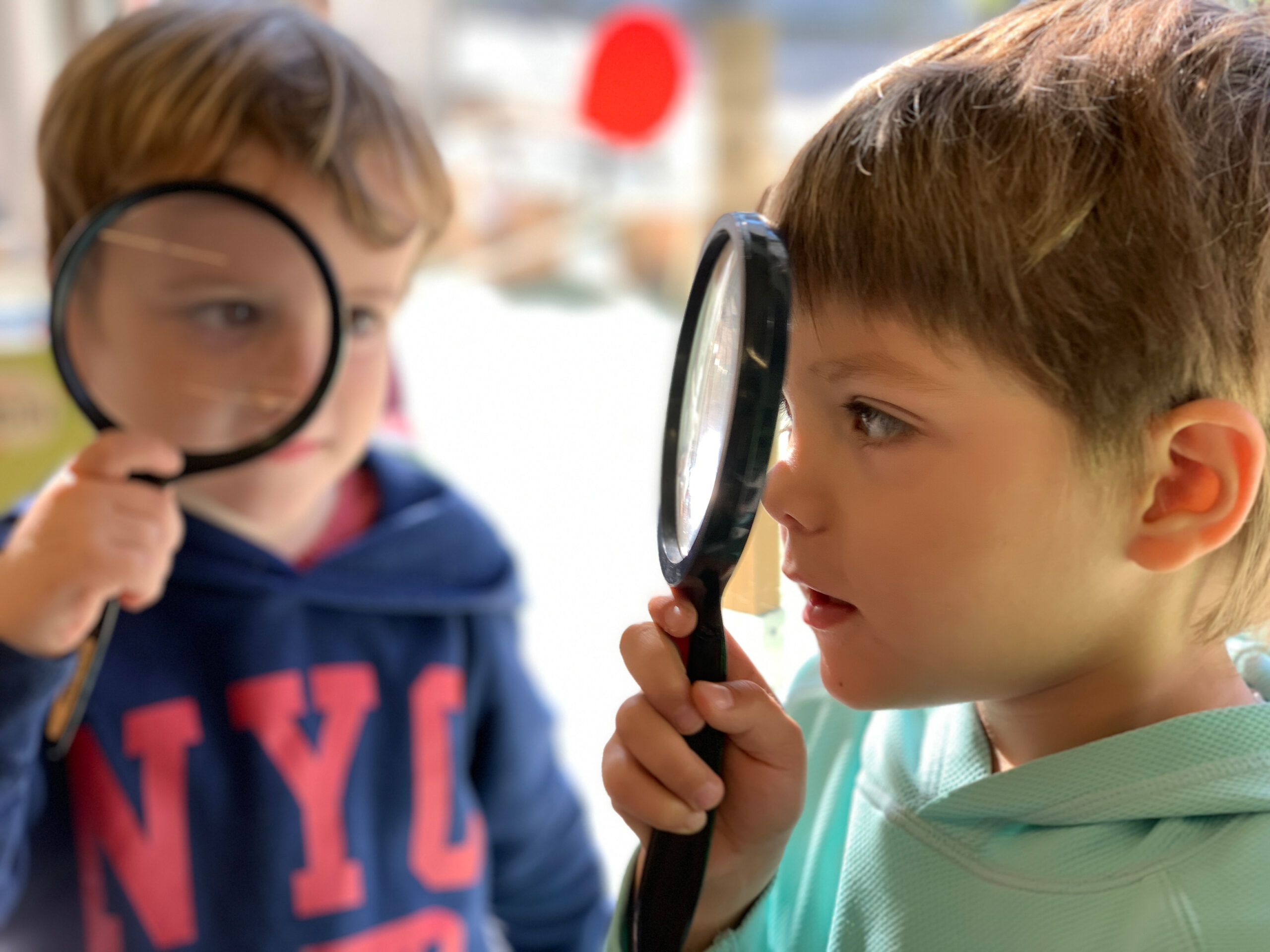
Globalised projects
In projects, knowledge, strategies and competences from different fields and curricular areas are developed in a holistic way on the basis of research. Good questions are the starting point for many research processes.
Children must learn to ask themselves questions, to formulate hypotheses and to follow processes that allow them to advance in knowledge and to verify or not their hypotheses. Through the projects we work on the transversal competences that allow them to advance in autonomous and effective learning.
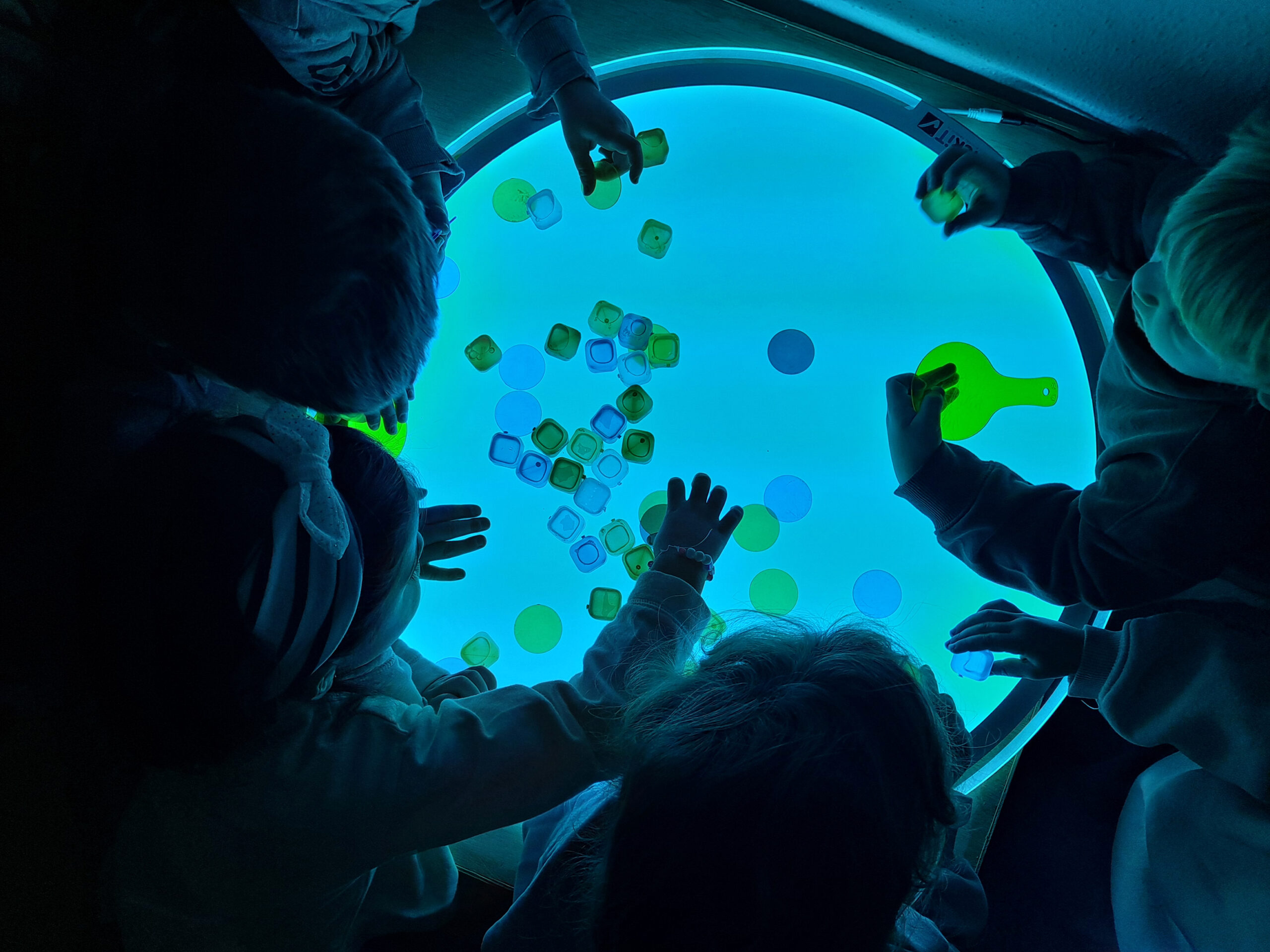
Learning Spaces
The children, mixed by age or level, are the main actors in the learning process. We build spaces based on different proposals where students can act, observe, experiment, build, invent, imagine, share, relate, get excited and interact with others.
It is a creative and flexible methodology that enables an active experience, designed by the adult, but reimagined by the children, who come together to explore the various possibilities of play and materials. Based on these proposals, they have to overcome challenges. This methodology encourages autonomy, self-learning and co-learning.
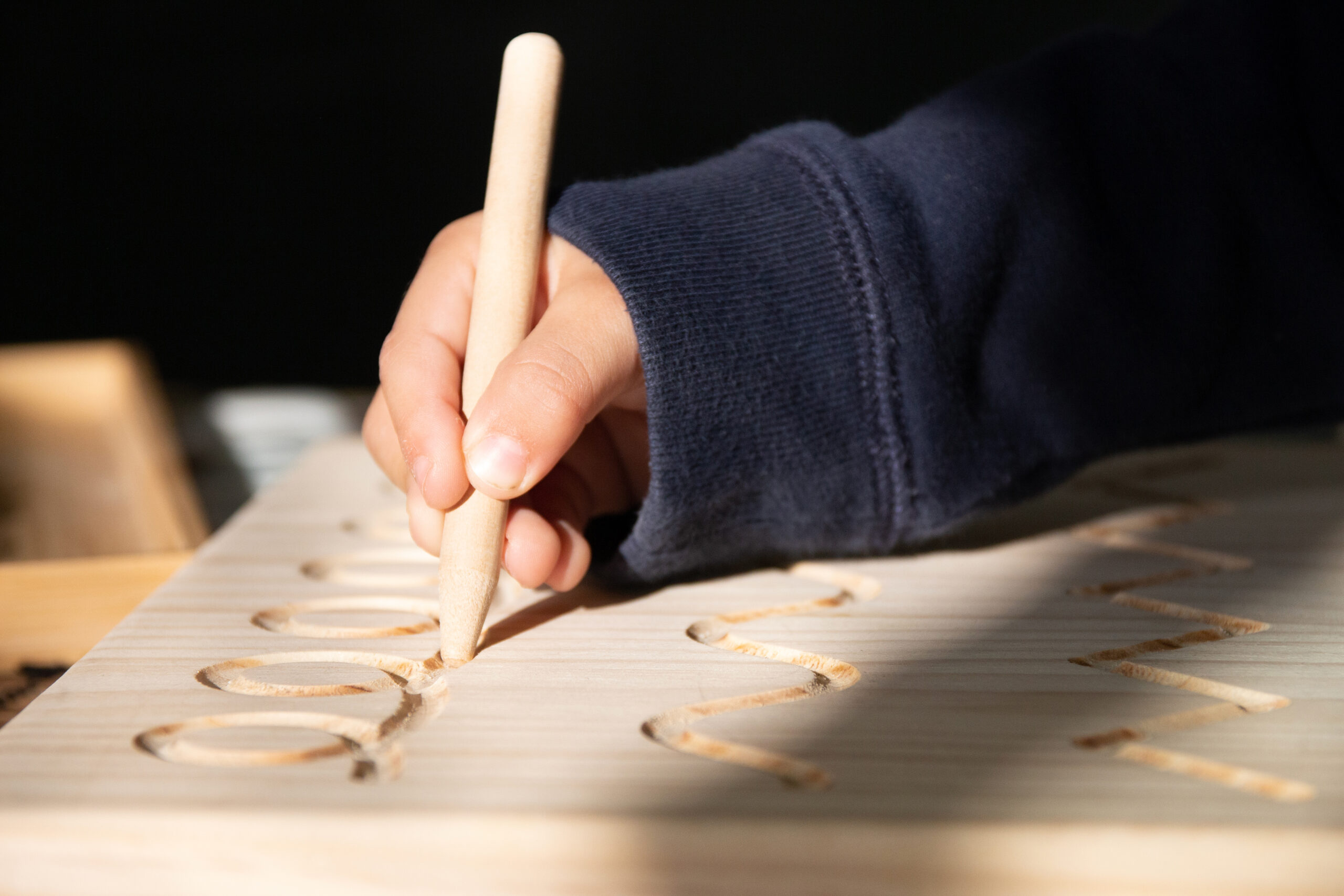
Learning the written code
The introduction to reading and writing at school is carried out in a meaningful way combined with a more systematic work on phonics and handwriting, but always respecting the Individual maturity progressions.
Learning the written code is one of the priorities in Infant Education. It is a long process that depends on maturational factors, the literacy context and good experiences related to reading and writing.
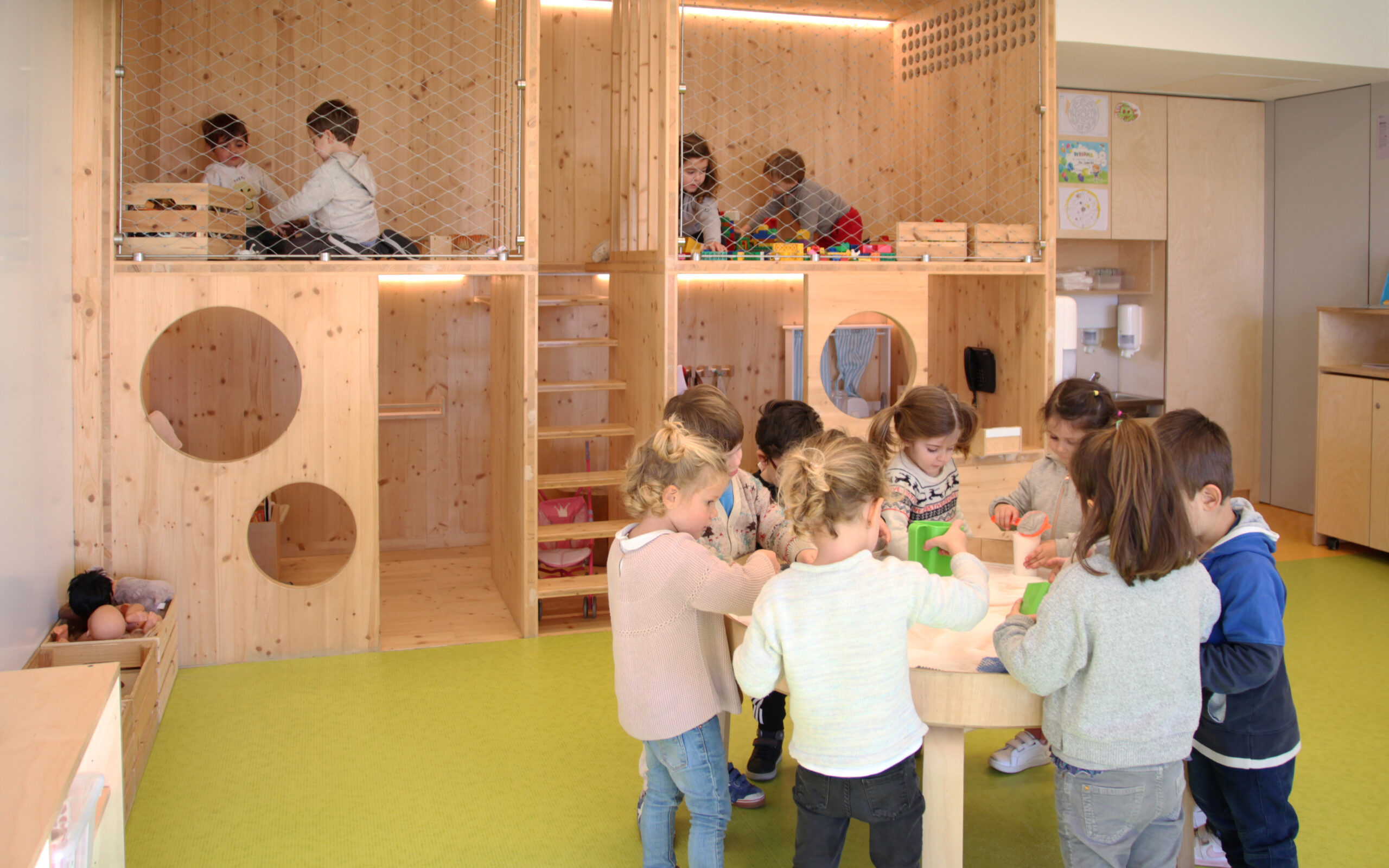
Simultaneous activities
The classroom is organised in different micro-spaces where children, in small groups, develop various proposals in an autonomous way. The student is the centre of his or her own learning process as he or she has the opportunity to get to know, manage and regulate himself or herself through self-regulation.
The role of the teacher is to provide rich and targeted materials and situations, to observe individual development, to ask open questions, to evaluate the learning process and the activity itself. The activities are sufficiently open-ended to adapt to the evolutionary rhythms of each learner and, in this way, enhance their autonomy.
Basis of our learning
People. Our aim is for each child to discover who he or she is, what their talents are and to promote them at school. Emotional education is the starting point for all learning.
The community. We need to communicate, relate to each other, organise ourselves around common values, interact and share knowledge, feelings and sensations.
Coexistence. Through play and cooperative work, children learn to live together and to understand and accept that we are all different.
Inclusion. We recognise diversity and set high learning expectations for all our students, stimulating talent, personalising learning and ensuring equal opportunities.
Autonomy. We work to achieve autonomous children based on values and attitudes such as responsibility, creativity, self-esteem and the ability to choose with their own criteria, take risks and learn from mistakes.
Creativity. We promote experimentation and manipulation, originality, initiative and individual or collective entrepreneurship when it comes to rethinking and solving or shaping any learning process in all areas of knowledge.
Research. The school proposes activities that encourage observation, experimentation and research with the aim of promoting curiosity, observation and initiative, as these are the necessary tools for learning about the world around us.
Love of nature. Knowing and understanding nature in order to be able to protect and enjoy it. We associate this axis with environmental education and sustainability.
Within the framework of these core areas, in the Infant stage, the skills that respond to the natural way in which children learn are assessed in a globalised way, based on the level of autonomy that each child has. Assessment is an instrument of reflection and self-regulation of the teaching-learning process of each individual child, which is very necessary in order to gradually build up their own knowledge.
The different types of documentation allow us to explain and make learning processes visible and bring us closer to each child’s different strategies for acquiring knowledge, as well as being tools for reflection.
